Ghana is a travel destination that truly has something to offer for everyone.
From castles to dense rainforests, museums, beaches and parks. One can only imagine how many tourist attractions there are in the country.
Visitors from all over the world are welcome to come and experience the joys of the motherland.
With this wide range of activities, there are definitely some more cost-effective and enjoyable ways to travel in Ghana.
Here are 6 travel tips that will help you travel Ghana on a budget.
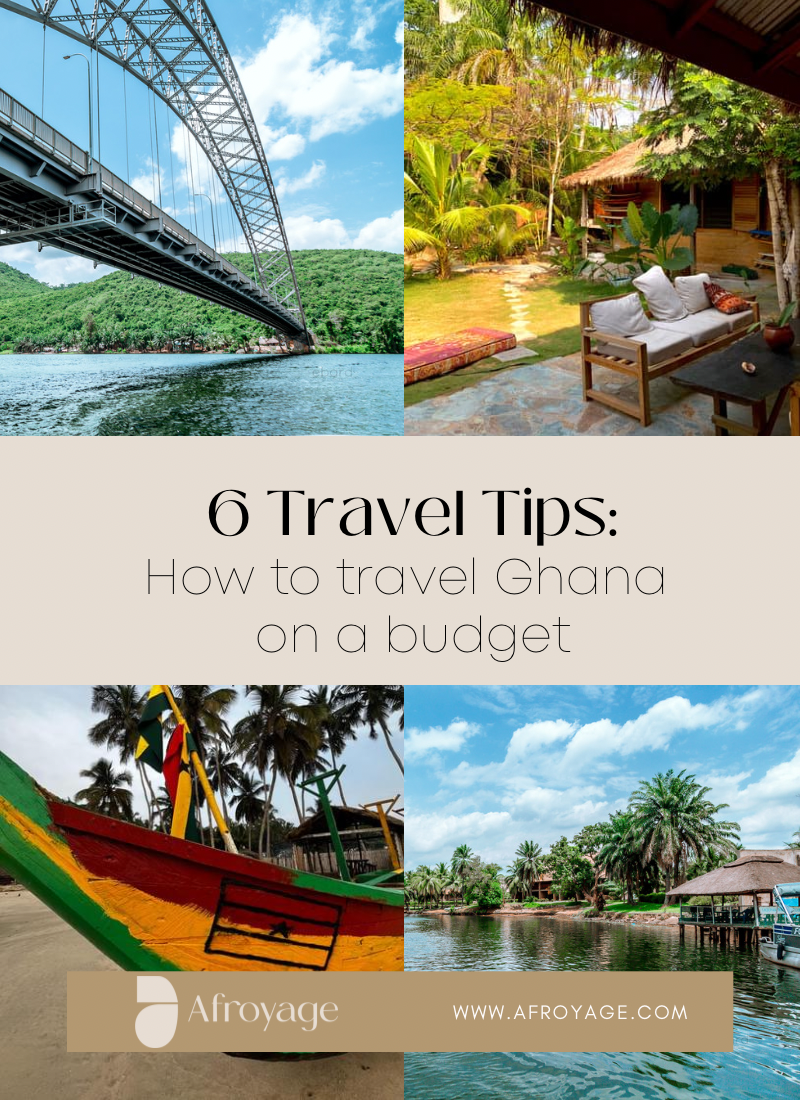
Venture outside of Accra for activities and resorts
When traveling in Ghana, one thing you must do is take advantage of every opportunity.
I understand that Accra is the city with the most buzz, and the tag of Ghana’s capital city is enough to keep tourists wanting to see more of the country.
Accra is ideal for a day trip, but staying in the city means paying more for accommodation in order to be close to the action.
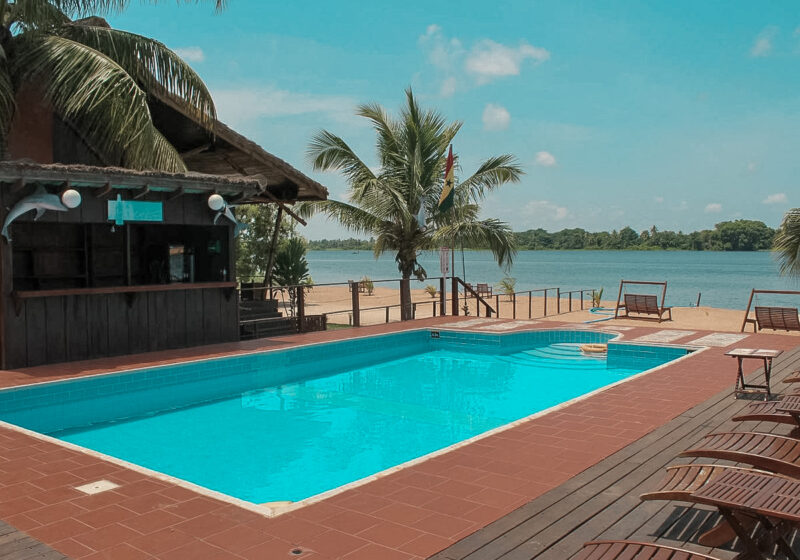
Ghana is a beautiful country, and by staying outside of town, you can appreciate the country’s scenery away from the built-up areas and tourist hotspots, allowing you to experience the authenticity of the country.
Despite this, there are many beautiful places to visit outside of Accra. Booking a vacation in a big city can be much more expensive than staying somewhere rural, so look for more cost-effective alternatives to cities like Accra.
Other places to visit in Ghana include Cape Coast, Kumasi, Ho, Wa, and Keta, among others.
All of these locations are safe and have a city vibe. It will be an unforgettable experience for you, trust me!!
Not converting Cedis into your currency (very big trap!)
It is critical to recognize that your country’s economy and Ghana’s economy are not the same.
Several factors influence the pricing of goods and the conversion of currencies.
It is true that the Ghanaian cedi has a lower value when compared to the euro and dollar, so it is tempting to believe that spending in cedis will save you money.
Inflation and conversion costs, on the other hand, have a significant impact on pricing and currency conversion.
It’s best to be financially savvy with your spending in Ghana, even if you don’t appear to be spending much in your native currency, unless you have a lot of money to burn.
Now let's talk transportation
The majority of visitors to Ghana prefer to hire a driver or rent a car for the day. It’s understandable because having a car available 24 hours a day, seven days a week is more convenient, and there’s less fuss about getting around.
However, renting a car is not the best option because it has a number of disadvantages.
It can, for example, quickly become extremely expensive.
You may not require a car at all times, particularly if you intend to stay for an extended period of time.
If your destination is not easily navigated on the map, you may become stuck.
Bolts, Ubers, and similar services are a better option because not only are the drivers familiar with the city’s locations, but you also only pay once.
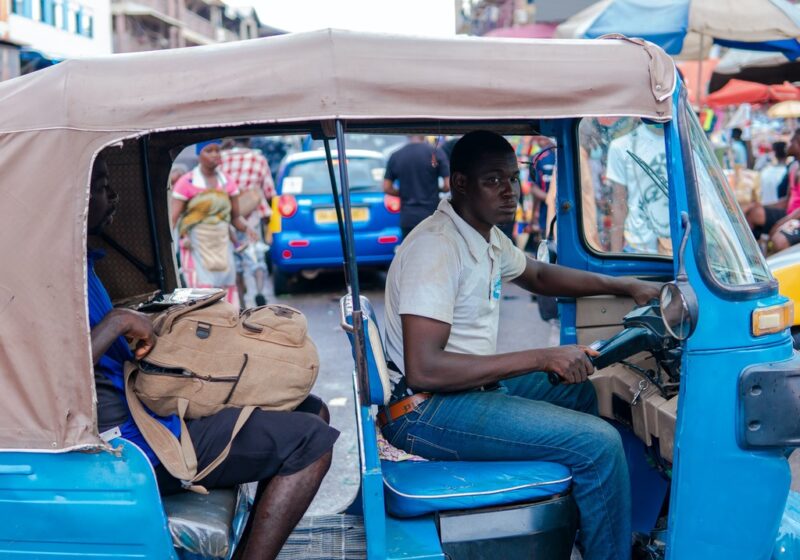
Click here to read more about How to pick TroTros in Ghana.
Traveling off-season: Avoid high ticket prices and over-crowding
Traveling in Ghana during the off-season is a secret cheat code.
The off-season is the period of the year between the peak tourism season, usually after a holiday or a festival.
Too often, people avoid visiting Ghana because they believe they will encounter unfavorable weather conditions.
This is simply false because Ghana’s wet season lasts only a few months and is mostly dry the rest of the year.
(Before you come, check the weather forecast.)
There are numerous reasons to visit Ghana during the off-season.
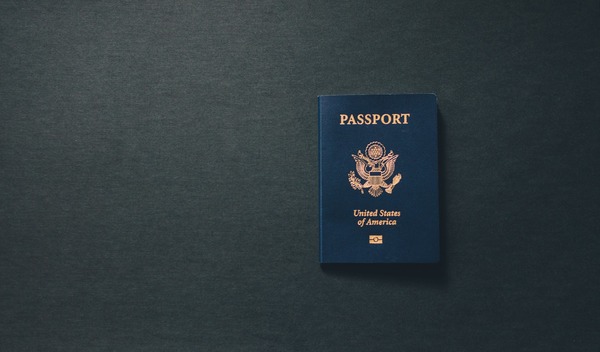
1. First off, there are cheaper flights and accommodation rates.
Naturally, low seasons mean low demand for plane tickets, train tickets, and hotel rooms.
There is now stiff competition in the tourism industry, and in order for competitors to stay ahead of one another, they respond by lowering their rates; the end beneficiary is you, the tourist.
2. In the off-season, you can also find great package deals at hotels that are trying to fill their rooms.
As demand rises during the high season, many popular destinations in Ghana raise their prices.
Traveling during the off-season can often be much more cost-effective.
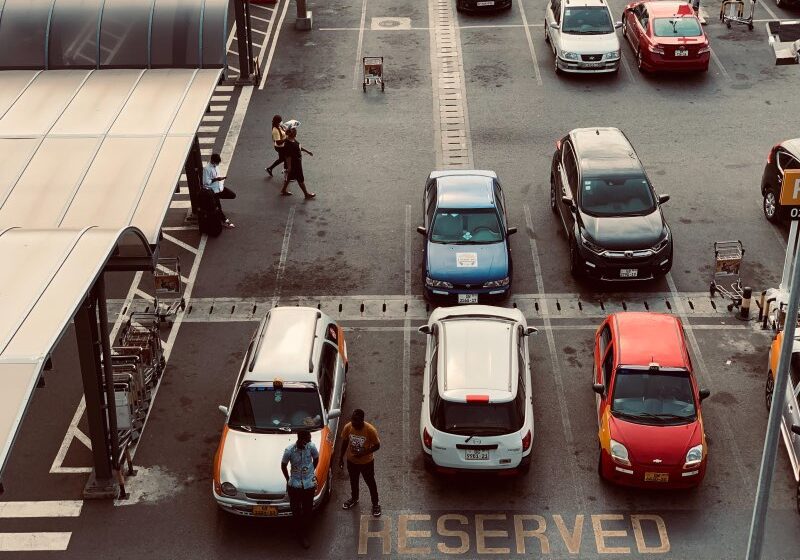
3. Because there are fewer people traveling during the off-season, those who do travel have more flexibility.
Hotels, rental cars, and day trips are unlikely to sell out in the off-season, you can frequently book at the last minute.
This also means that you can leave more room in your itinerary for improvisation, such as swapping out one destination for another at the last minute.
4. Another reason to travel during the off-season is the opportunity to take one-of-a-kind photographs.
We’ve all seen what Cape Coast Castle looks like during peak season (lots of people climbing the cannons) or what the Kakum National Park looks like during the vacations (crowds of people on the walkways).
You might not be able to get that picture of yourself with the beautiful ocean in the background, or you might be constantly photobombed by other tourists and miss out on “instagrammable moments.”
The peace and quiet, as well as the ease with which you can access favorite sites, cannot be overstated.

5. You’d also have a sense of belonging. Without a shadow of a doubt, Ghanaians are welcoming and friendly.
However, during the peak season of tourism, you may not have the opportunity to interact with and get to know the locals.
When you do not learn about the lived experiences of the locals, you miss out on a significant portion of the visiting experience.
When there aren’t hordes of people descending on a city or attraction, you’ll notice that the locals are much more relaxed, friendlier, and open to having a chat or giving you some tips on their city.
6. Last but not least, you’re bound to get better service during the off-season. Even the best hotels can become overcrowded during peak season, but this is less of an issue when there are fewer guests to worry about.
In low season, you will receive more personalized attention not only at your hotel, but also during your flights, restaurants, excursions, and with tour guides.
Chose to eat local food
Eating local food while visiting Ghana is not only a nice thing to do, but it also has a lot of advantages for both you and the locals.
To begin with, unlike imported foods, which are mostly genetically modified, local foods are high in nutrients, use fewer pesticides, and are mostly free of preservatives.
Local foods provide a variety of vegetables, fruits, and nutrition-rich foods into our diet, which strengthens our immune system.
Imported foods are frequently shipped thousands of miles to our supermarkets. However, the more miles travelled, the more fossil fuels are used, increasing carbon emissions into the atmosphere.
After all of the moral and environmental reasons to consume local Ghanaian foods while in Ghana, it is important to note that the local food is delicious.
Local foods include: jollof, fufu, banku, and kenkey are delicious, fresh, and tasty; you’ll definitely want to try some of the native cuisine, and if you’re savvy, you can enjoy delicious dishes without burning a hole in your pocket.
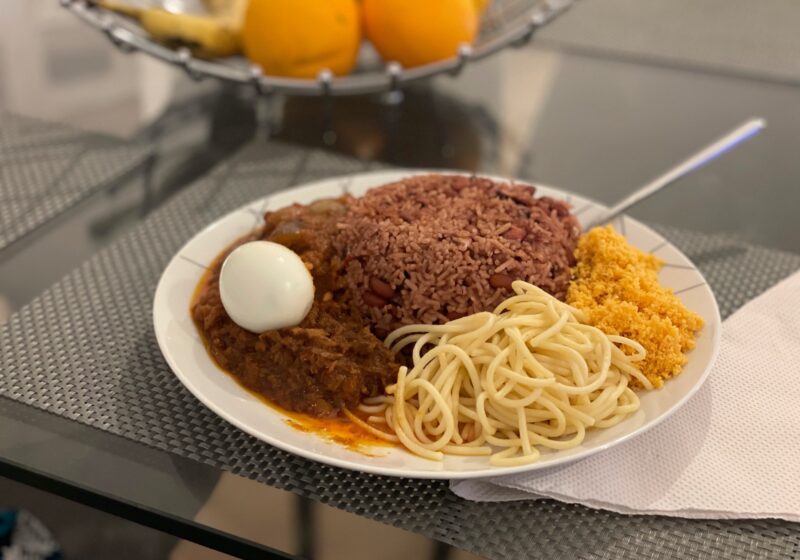
If you crave a taste of home from time to time, keep in mind that eating Western food or meals designed for Western palates can quickly become costly.
Rather than asking for directions to a restaurant, ask the locals to point you in the direction of the nearest chop bar – you’ll get good food at a reasonable price.
You can frequently save money by avoiding the main tourist areas, where food prices are marked up.
Instead, go off the beaten path where there are few tourists to find the most authentic flavours at a fraction of the cost.
At the end of the day, Ghana is one amazing and unforgettable place that everyone needs to visit at least once in a lifetime but the it doesn’t mean you need to burn your pocket out enjoying the adventure.
Hopefully these few tips makes it easier to travel Ghana on a budget.

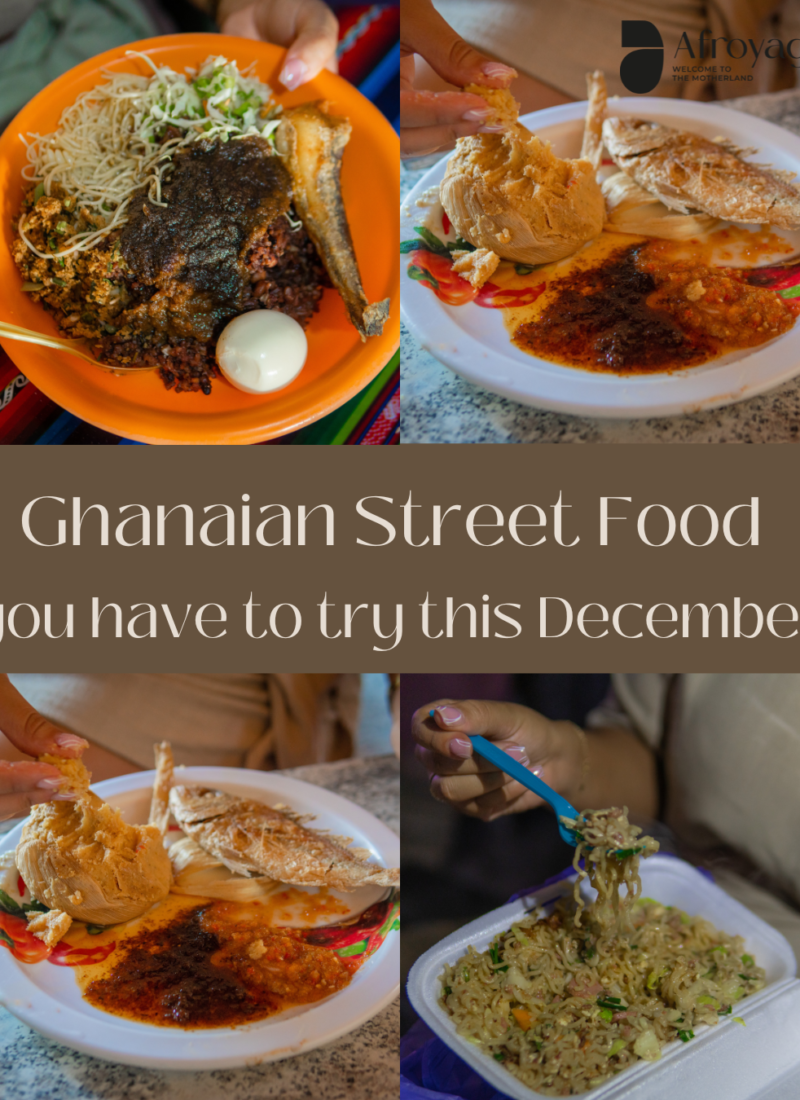


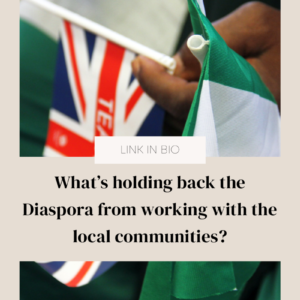
Leave a Reply
You must be logged in to post a comment.